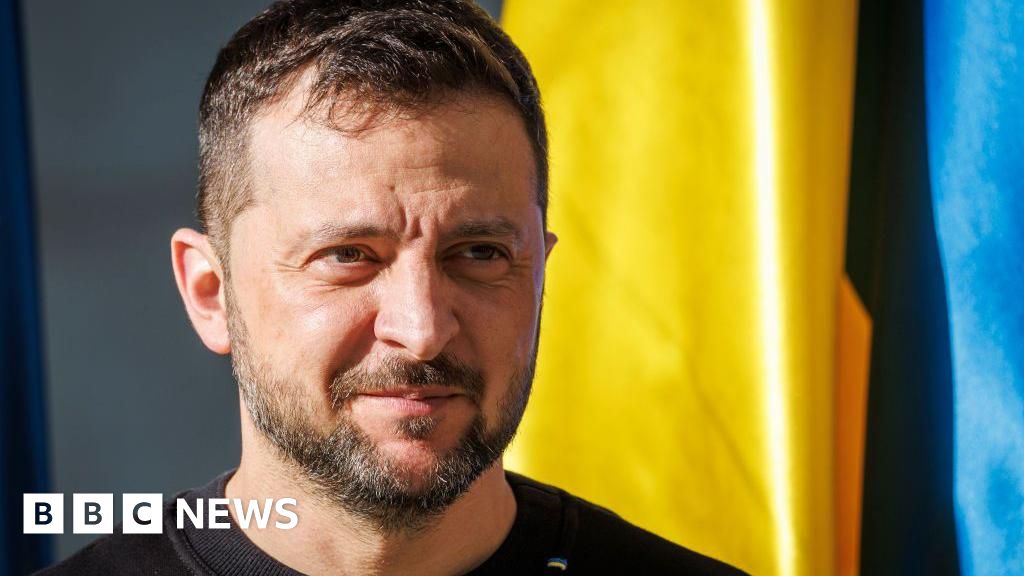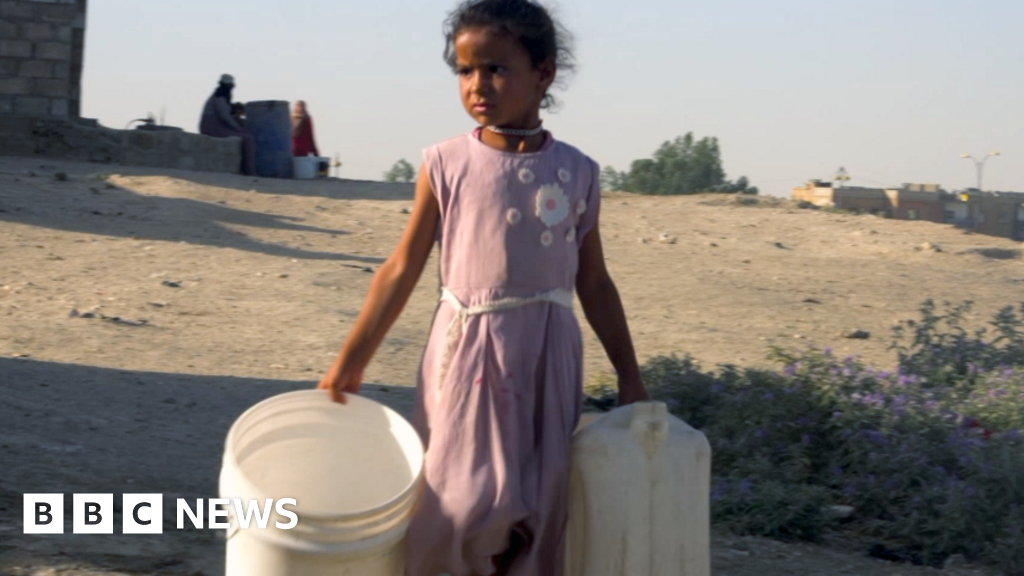ARTICLE AD BOX
 Image source, Getty Images
Image source, Getty Images
Health workers in Uganda wear protective clothing to treat Ebola patients
By Patience Atuhaire
BBC News, Kampala
An Ebola patient has died at a hospital in Uganda's capital, the health ministry has confirmed.
He was the 19th victim in the current outbreak of the deadly virus but the first to die in Kampala.
There have been 54 confirmed cases in Uganda but no others have been recorded in the city.
Twenty people have recovered including five medics from the first hospital where a case was treated. They were discharged on Tuesday.
The person who died in Kampala was already known to the authorities as having potentially come into contact with the virus.
He was from outside the city but Health Minister Dr Jane Ruth Aceng said the man ran away from his village, disguised his identity and visited a traditional healer in a different region.
He died at Kiruddu National Referral Hospital last Friday, but the death has only just been confirmed.
Dr Aceng said that teams which treated him were alert to the dangers and had protected themselves, because the patient arrived at the hospital when he was seriously ill.
Forty-two people who he may have come into contact with have been identified and are being followed up.
Ebola spreads between humans by direct contact with bodily fluids and contaminated environments. Funerals can be a particular risk if mourners have direct contact with the body.
Dr Aceng added that there are currently no other confirmed Ebola cases in Kampala, although the city and surrounding districts are considered high risk.
The outbreak began in September in Mubende district, 80km (50 miles) west of the capital.
A 24-year-old-man was the first known Ebola death, and six members of his family also died. Four health workers have also been among the victims, including a doctor from Tanzania.
Medics had previously expressed concern about the lack of adequate personal protective equipment (PPE) such as gloves and masks. They had also called for Mubende to be put under quarantine.
However, President Yoweri Museveni ruled out restrictions, saying: "Ebola is not spread like corona[virus]" as it is not an airborne disease.
No effective Ebola vaccine is available yet, because the Sudan strain circulating in central Uganda is different to the Zaire strain that has afflicted West Africa and the Democratic Republic of Congo and which can be immunised against.
Experts say it is unrealistic to think Ebola will ever be eradicated, but with swift action and effective contact tracing it is now easier to prevent a crisis.

 2 years ago
17
2 years ago
17








 English (US)
English (US)